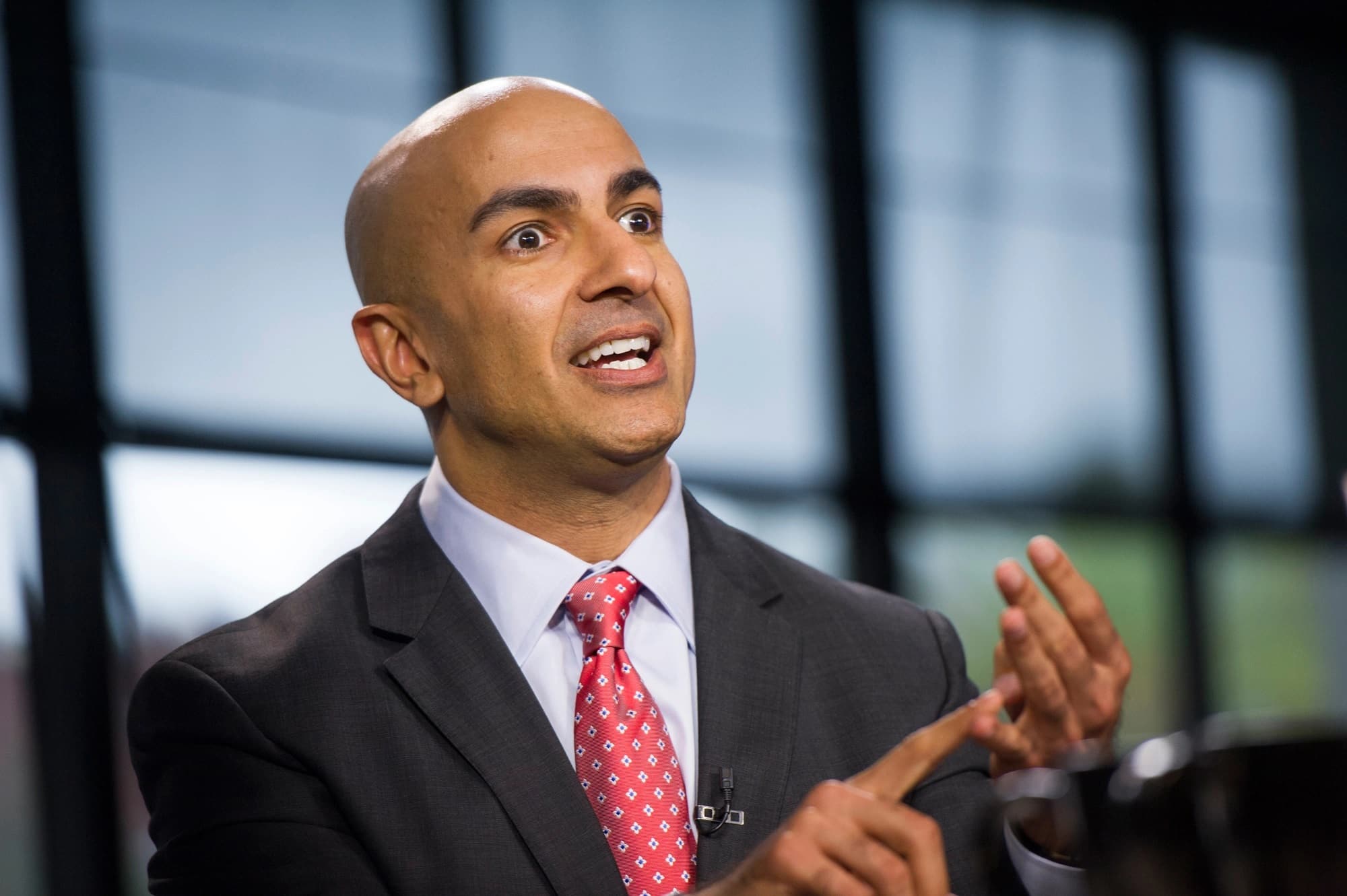In a wide-ranging discussion, Minneapolis Federal Reserve President Neel Kashkari discussed the Fed’s monetary policy trajectory, the implications of President-elect Donald Trump’s proposed tariffs on China, and his ongoing skepticism toward Bitcoin.
Kashkari said the Fed is committed to managing inflation and ensuring a strong labor market, regardless of political changes in the executive branch or Treasury appointments. Kashkari noted signs of a slight downward trend, with inflation hovering around 2.5%-2.6%, and noted uncertainties about the neutral rate, a level of interest rates that neither stimulates nor constrains economic growth.
Kashkari, who spoke of a possible 25 basis point rate cut in December, said that this remains a “reasonable discussion” for the Federal Open Market Committee (FOMC). He signaled that the neutral rate could be higher than in the past, noting the resilience of the U.S. economy despite high interest rates. He also touched on the risks of housing inflation, which remains high despite indicators pointing to a potential decline.
Kashkari, answering questions about the stock market rally dubbed the “Trump trade,” acknowledged its impact on consumer spending through the wealth effect. But he cautioned against overreacting to the stock market volatility, noting that other factors, including rising bond yields, should be taken into account. He attributed the recent rise in 10-year Treasury yields, currently around 4.3%, to factors such as economic growth expectations and concerns about rising U.S. deficits.
When asked about Bitcoin, Kashkari reiterated his skepticism and said that he still struggles to see the value in Bitcoin, adding:
“Almost no one is buying anything with Bitcoin. What else can you do with Bitcoin other than speculate? I understand that it’s a speculative asset, and if people want to speculate on it, that’s fine. That’s fine. They can speculate on whatever they want. But does it really have any value in a developed economy? Can you buy anything with it? At least in the US, the answer is largely no. And when inflation took off in the US, Bitcoin crashed.”
*This is not investment advice.










